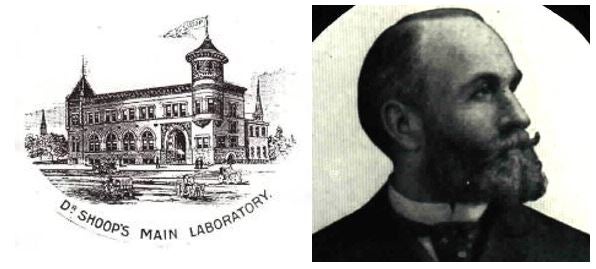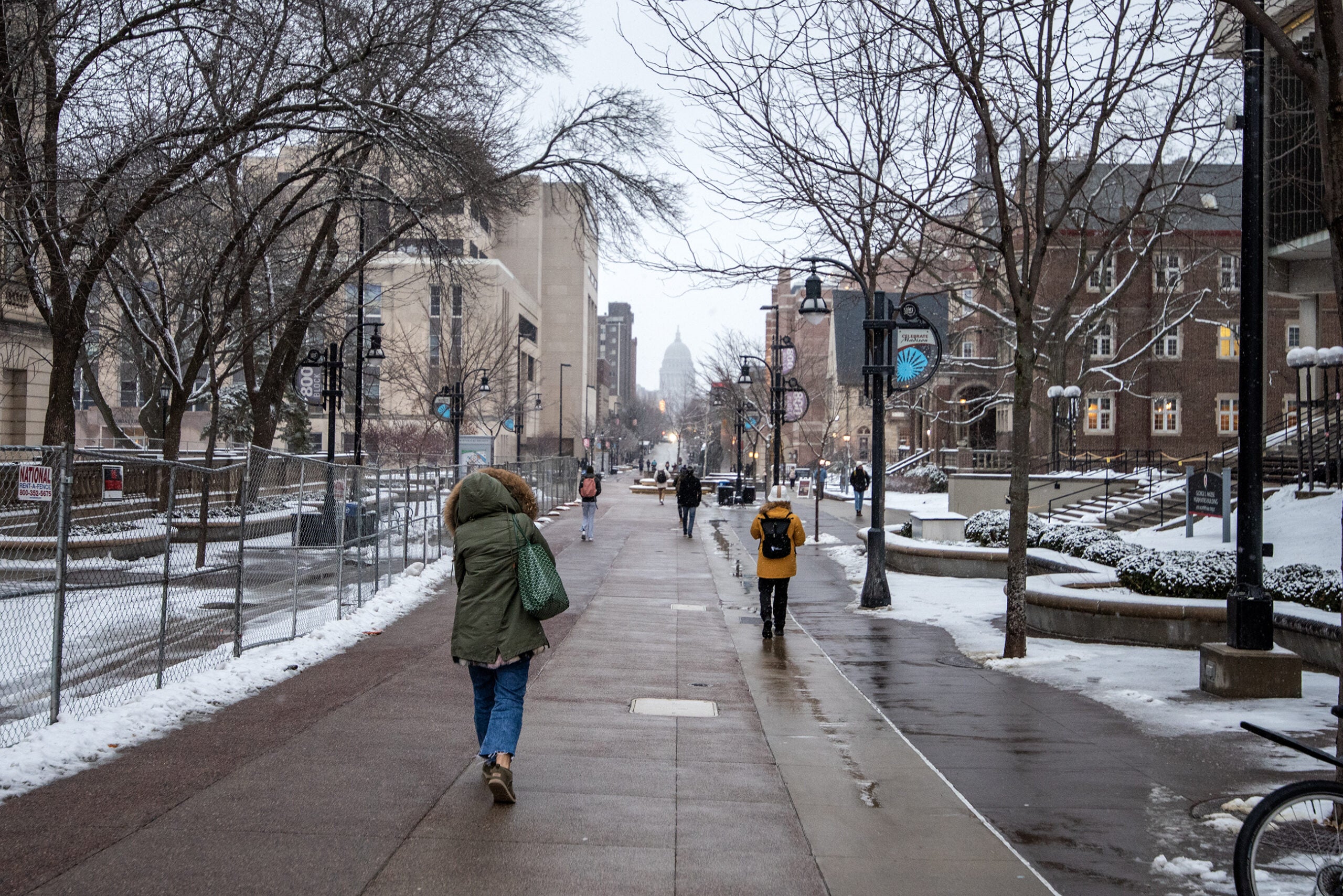Traveling salesmen, medicine shows and pharmacies packed with bottles claiming to cure every disease conceivable were the hallmarks of the so-called “golden age” of patent medicines. Wisconsin was not without its medical hucksters, including Racine’s “Patent Medicine King,” Dr. Clarendon Shoop, who died this week in 1924.
Clarendon Shoop opened his medical practice in Racine in 1883. Within 10 years, he’d established a line of patent medicines he sold door to door. Among his cures were Restorative Nerve Tonic, Green Salve, Catarrh Cure, Worm Cure Syrup, and Pain Panacea and Magic Ointment.
Despite the name “patent medicine,” few of these remedies were actually patented because to do so would require disclosing the ingredients, something most practitioners were loath to do. And though patent medicines are popularly associated with quacks, many patent remedies were made, sold and advertised by people with medical degrees, including Shoop.
News with a little more humanity
WPR’s “Wisconsin Today” newsletter keeps you connected to the state you love without feeling overwhelmed. No paywall. No agenda. No corporate filter.
Alcohol, too, was not simply the purview of quacks. The medicinal prescription of alcohol was widespread until the late 19th and early 20th centuries. The Lancet declared brandy as “superior to all other spirits from a medicinal point of view” in 1902. It was also commonly used to treat pneumonia and typhoid. Shoop’s nerve tonic had an alcohol content of 12 percent.
Shoop launched a nationwide advertising campaign to sell his wares. His ads promised to cover the costs of his cures if they didn’t work: “There are 39 chances out of 40 that I can cure you or your friend. I will pay all the cost if I don’t.”
The 1906 Food and Drug Act made it illegal to manufacture and sell adulterated or fraudulently labeled food or drugs, so Shoop changed his business language to remedy rather than cure to not run afoul of the new laws. In 1910, the company began producing toiletries under the name Country Club Toilet Products.
Children’s books and patent medicines aren’t generally thought of in the same breath, but the two came together in Racine.
Shoop outgrew his space quickly; and unable to find space large enough for his growing business, he built a new building beginning in 1893 called the Shoop Building. In 1911, a portion of the building was leased to Western Printing Co., the originators of the Little Golden Books that many read as kids.
Shoop left his name on Racine. Besides the Shoop Building, he donated land to the city for use as a public park.
Poor health led Shoop to spend most of his remaining years in California. He died in Hollywood on May 11, 1924.
Wisconsin Public Radio, © Copyright 2025, Board of Regents of the University of Wisconsin System and Wisconsin Educational Communications Board.




